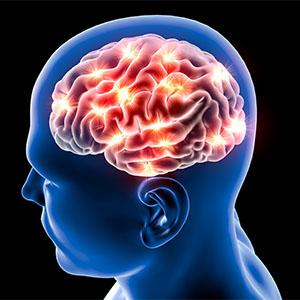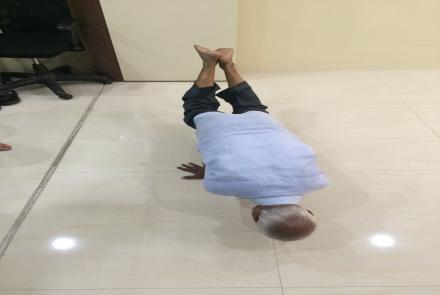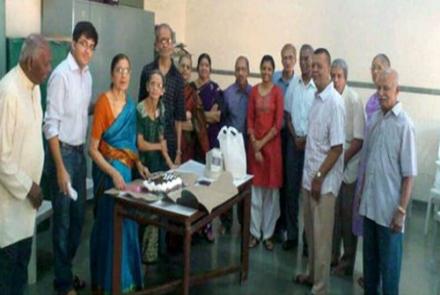
Dr. Pettarusp Wadia Consultant Neurologist and Movement Disorder Specialist, Jaslok Hospital and Research Centre, Mumbai weighs in on when Deep Brain Stimulation treatment for Parkinson's Disease is a recommended choice and what factors you should consider before making a decision.
Deep Brain Stimulation(DBS) in Parkinson's disease is recommended when
- The patient has a confirmed diagnosis of Parkinson’s disease –
- fits UKPDS brain bank criteria
- The patient should ideally be at least 4-5 years in his/her illness to exclude the possibility of missing other disorder which may mimic Parkinson's disease in the early stages.
- The quality of life of a patient is affected despite best medical care.
- The disabling symptoms improve with L DOPA (Syndopa or Sinemet). The best ON response determines the benefit from DBS
Here is a case study of Hari who underwent DBS treatment for his Parkinson's Disease
When is DBS not recommended?
1. Very old patients – usually 75 and above for STN DBS
2. Significant cognitive issues – i.e. significant memory impairment
3. Significant psychiatric issues especially depression
4. Symptoms that do not respond to L Dopa (Syndopa or Sinemet) which are the reason to consider DBS
What factors would help a family decide if its appropriate for the patient in their family
- Disease duration
- Confirmed diagnosis of Parkinson’s disease
- Response to L Dopa
- Poor quality of life despite adequate medical treatment
- Good cognition
- Absence of significant psychiatric issues
- Lastly the DECISION if the patient is a candidate for surgery should be taken by the NEUROLOGIST after appropriate evaluation rather than the neurosurgeon.
What skill sets should the family look for
- A centre with experience in performing DBS
- That has a team with a trained stereotactic or functional neurosurgeon
- A trained movement disorder neurologist on the team
Is DBS the same as Stem Cell Therapy?
No – DBS involved stimulating the brain using electrodes implanted in the brain.
Stem cells are cells which are aimed to produce dopamine in the brain – however this is still in research and not recommended for clinical use.
Stem cell therapy is NOT APPROVED FOR CLINCAL USE. It is only a research tool.
Is DBS more advanced and safe?
Deep brain stimulation surgery has completed more than 20 years in the world. It is approved by all regulatory authorities across the world and there is CLASS 1 evidence to recommend the same to the above subset of patients.
DBS is not without its share of risks. There are risks primarily that if an infection or a risk of brain haemorrhage when implanting the electrodes.

Rigorous exercise may slow Parkinson's Disease progression













